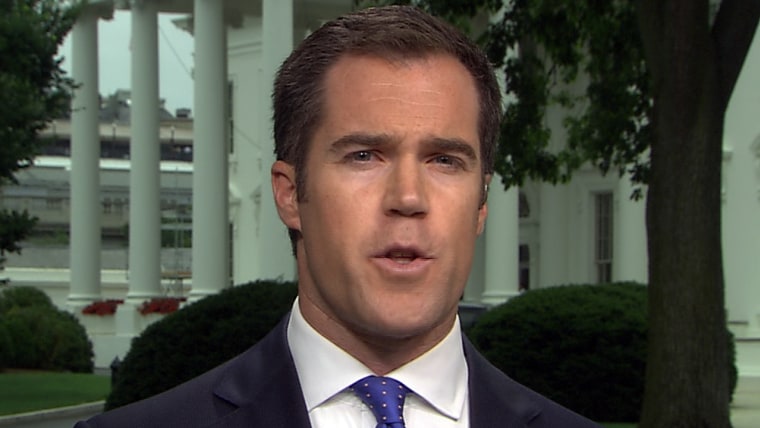The Obama administration has offered a one-year break to employers who were supposed to start offering health insurance to their workers next year.
The 2010 health reform law required anyone with 50 or more workers to provide health insurance – something small businesses have been complaining about, loudly, for years. On Tuesday the government said they could have more time to get it done.
Saying the goal is to implement reform in “a careful, thoughtful manner”, assistant Treasury secretary Mark Mazur said the administration would spend the extra year finding ways to simplify the process.
“Second, it will provide time to adapt health coverage and reporting systems while employers are moving toward making health coverage affordable and accessible for their employees. Within the next week, we will publish formal guidance describing this transition,” Mazur wrote in a blog post.
“We recognize that the vast majority of businesses that will need to do this reporting already provide health insurance to their workers, and we want to make sure it is easy for others to do so. “
More than half of Americans -- 160 million people -- get their health insurance through an employer, something that was a voluntary perk until health reform.
Employers who don’t provide insurance must pay a $2,000 fine for each uninsured worker.
In 2009, the Kaiser Family Foundation and the Health Research and Educational Trust found that 98 percent of firms with 200 or more employees offered health insurance. But just 59 percent of companies with three to 199 workers did, and just 46 percent of employers who had fewer than 10 staff.
It’s in part because health insurance premiums have soared, from an average $2,196 in 1999 to $4,824 in 2009 for a single person – far faster than wages or inflation have grown, Kaiser found.
Thus, about 13 percent of full-time workers had no health insurance at all in 2009.
One opponent of the mandate has been the U.S. Chamber of Commerce, which says it has discouraged hiring. “Second, the employer mandate penalty, once triggered, is calculated based on the number of full-time employees,” the Chamber says in a statement.
“Further, for the first time, this new law defines a full-time employee as someone who works 30 hours per week, averaged over the course of a month, rather than the traditional definition of 40 hours per week.”
The idea of requiring employers to provide health insurance isn’t new – both the administrations of Richard Nixon and Bill Clinton proposed it and got shot down by opponents in Congress.
“Employers want to offer health insurance to their employees and want to continue to grow and create jobs. However, the employer mandate threatens to penalize businesses for failing to offer affordable coverage, when—more than ever—people need jobs and employers need help growing and should be encouraged to hire more employees. This law does the opposite at a dangerous time,” the Chamber says.
Dr. Scott Gottleib, a heath policy analyst at the American Enterprise Institute, said the Obama administration may be worried the mandate would hurt jobs. "Now fewer businesses will feel compelled to start offering coverage next year. So their employees will face a choice: be forced to go into the Obamacare exchanges or be subject to the new tax," Gottleib writes in a commentaryin Forbes.
Some of the biggest provisions of the Affordable Care Act are set to go into effect on January 1, 2014. They include the health insurance exchanges, where people who don’t already have insurance, or who don’t like their health insurance, can go to buy it. Many people can get a government subsidy to help them pay for it.
Related:
Some fixes proposed as most Republicans still aim to kill Obamacare
